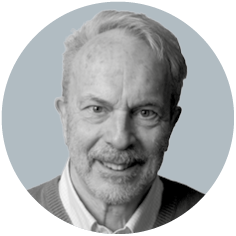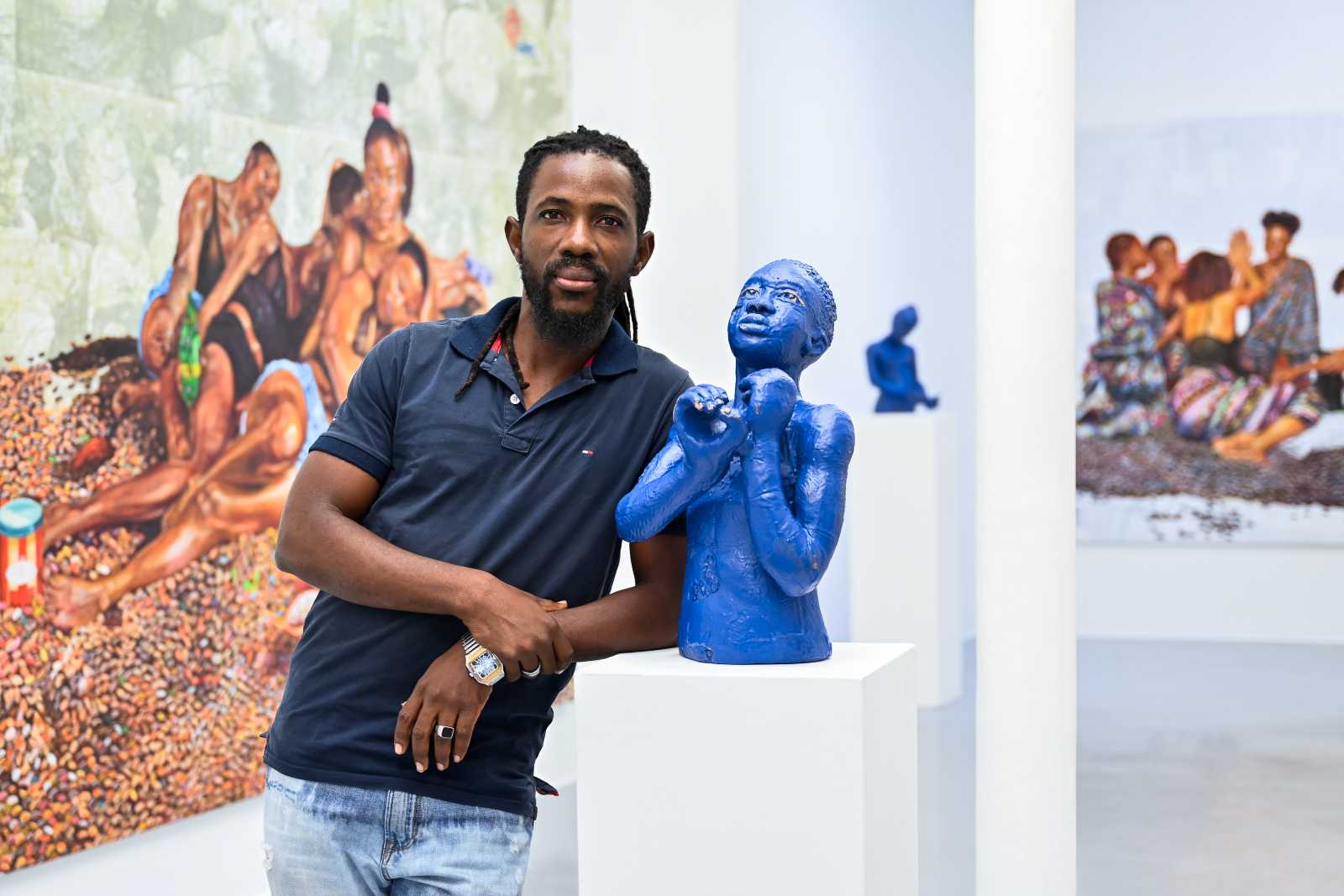Social stratification
Myths of middle class dynamism

The middle classes of the Global South became a focus of attention mainly because of the changes economic growth brought about in the social structure of developing countries. In East and Southeast Asia (especially in China), progressing industrialisation rapidly lifted ever more people out of poverty. However, a precarious minimum income was all it took to be considered middle class. The fact that groups in the lower rungs of this broadly defined middle class live in anything but stable circumstances is often ignored. Raphael Kaplinsky of the British Open University dryly remarked in 2014 that the middle class now seemed to include anyone not suffering hunger.
The broadly defined middle class became a beacon of hope in development debate. Some experts, including Martin Ravallion, then chief economist at the World Bank, and Nancy Birdsall of the Centre for Global Development, considered it to be a driver of economic, social and political development at the nation-state level. Voices were raised in many quarters – for example at the Washington-based think tank Brookings Institution – calling for the growing middle classes to be strengthened. The “Perspectives on Global Development 2012”, published by the Organisation for Economic Co-operation and Development (OECD), was emblematic in this regard. The African Development Bank (AfDB) and the UN Economic Commission for Africa were similarly enthusiastic.
Wishful thinking
However, the soaring expectations turned out to be wishful thinking. They emphasised the upside of certain social developments, but tended to neglect the overall context. The reality is a far cry from the myth of a large, cohesive and progressive middle class:
- The population groups termed middle class are often smaller than assumed. In late 2015, for example, the London-based magazine The Economist stated that Africans were predominantly either rich or poor, but not part of a middle class. Moreover, the middle classes are no longer growing as vigorously as they once did – and not only because of the Covid-19 pandemic. Various studies suggest that it is not the middle sections of African societies that are growing fastest. The gap between lower and upper groups is widening – with both getting bigger.
- Contrary to popular belief, middle classes do not necessarily contribute to African societies’ economic development. They pursue their own, immediate interests, of course, but there is no evidence that they spur economic growth beyond that.
- Sadly, there is also no evidence that growing purchasing power for some sections of African populations has led to stronger democracies. That is evident in a few countries like Ghana, for example. However, the opposite is happening as well (in Ethiopia or Tanzania, for instance). Experience shows that middle classes are loyal to the state when they benefit from government policy – regardless of how democratic or authoritarian it may be. Indeed, an Afrobarometer survey conducted in 2012 in numerous African countries found that members of the middle classes did not trust the less educated to vote responsibly in elections. The higher the respondents’ level of education, the more they tended to be against universal suffrage. At best, such an exclusive idea of participation in public affairs amounts to an elite-only democracy.
Blind spots
So, what are the key characteristics of a middle class? The term is not clearly defined. Playing statistical games with income data is all too simplistic. Other important issues need to be considered – including occupation, education, social status, lifestyle and cultural norms. All have a bearing on political orientation and a person’s influence in society.
Research in various countries (Ghana, Kenya, Mozambique and South Africa) has shown that it makes no sense to generalise and speak of an “African middle class”. Identity certainly does shape behaviour, but it does not simply result from income or hierarchical status. Kinship (extended families are still often at least partially intact), urban networks, religion, regional background, language and ethnicity all matter very much. Gender is another important category – especially given the number of households headed by women. Indeed, the composition of households does not coincide with western ideas of the nuclear family.
It is not an exclusive trait of western consumer societies that personal opinions cannot be automatically deduced from a person’s occupation, income or social standing. The views of people in Africa are similarly shaped by widely differing factors.
What also deserves consideration is the significance of the informal economy and clientelist relationships. The truth is that many people who are broadly considered to belong to the middle class have not achieved any kind of stable prosperity. Apart from the support extended families offer, there is a general lack of social protection. Extended families, however, are under intense pressure – not least due to urban-rural and inter-generational divides.
Development sociologist Dieter Neubert of Bayreuth University suggests that local structures in societies matter, so the concept of “micromilieus” should be used to analyse politics in greater detail – and not only in Africa. Approaches like this enable us to take account of sociocultural factors with a strong impact on political preferences and positions.
Closer analysis
In summary, the following points need to be noted:
- Anyone seeking to analyse middle classes in Africa or anywhere else should consider more than different levels of income. Researchers must also take into account the sociocultural dimensions mentioned above.
- Despite the widespread criticism that middle class is mostly defined only on the basis of economic data, we currently lack a better definition that would be more useful for assessing inequality, social stratification and differentiation in society.
- The assertion that middle classes tend to be progressive and pro-democracy suggests a conceptual clarity that does not concur with reality. Much more detailed analysis is needed.
Regardless of many valid objections, it makes sense to pay attention to Africa’s middle classes. Their actual size and substance need to be examined more closely from both an economic and political angle. For doing to, inspiration could be usefully drawn from Marxian class theory. Its focus is on who owns the means of production – and that determines who depends on whom economically. Tackling this matter would help demythologise the concept of middle class.
References
OECD – Perspectives on global development 2012: Social cohesion in a shifting world.
https://www.oecd.org/development/pgd/perspectivesonglobaldevelopment2012socialcohesioninashiftingworld.htm
Neubert, D., 2015: Die Fallen der „Rumsfeld Utopie“ (The traps of the „Rumsfeld Utopia“ – only available in German). In: Hauck, G., Lentz, I., Wienold, H., (eds): Entwicklung, Gewalt, Gedächtnis. Münster, Westfälisches Dampfboot, S. 128-141.
Neubert, D., 2019: Inequality, Socio-Cultural Differentiation and Social Structures in Africa.Beyond Class. Cham, Palgrave Macmillan.
Henning Melber is a former research director of the Nordic Africa Institute and the director emeritus of the Dag Hammarskjöld Foundation. Both are based in Uppsala, Sweden. He is also extraordinary professor at the University of Pretoria and the University of the Free State in Bloemfontein.
henning.melber@nai.uu.se













